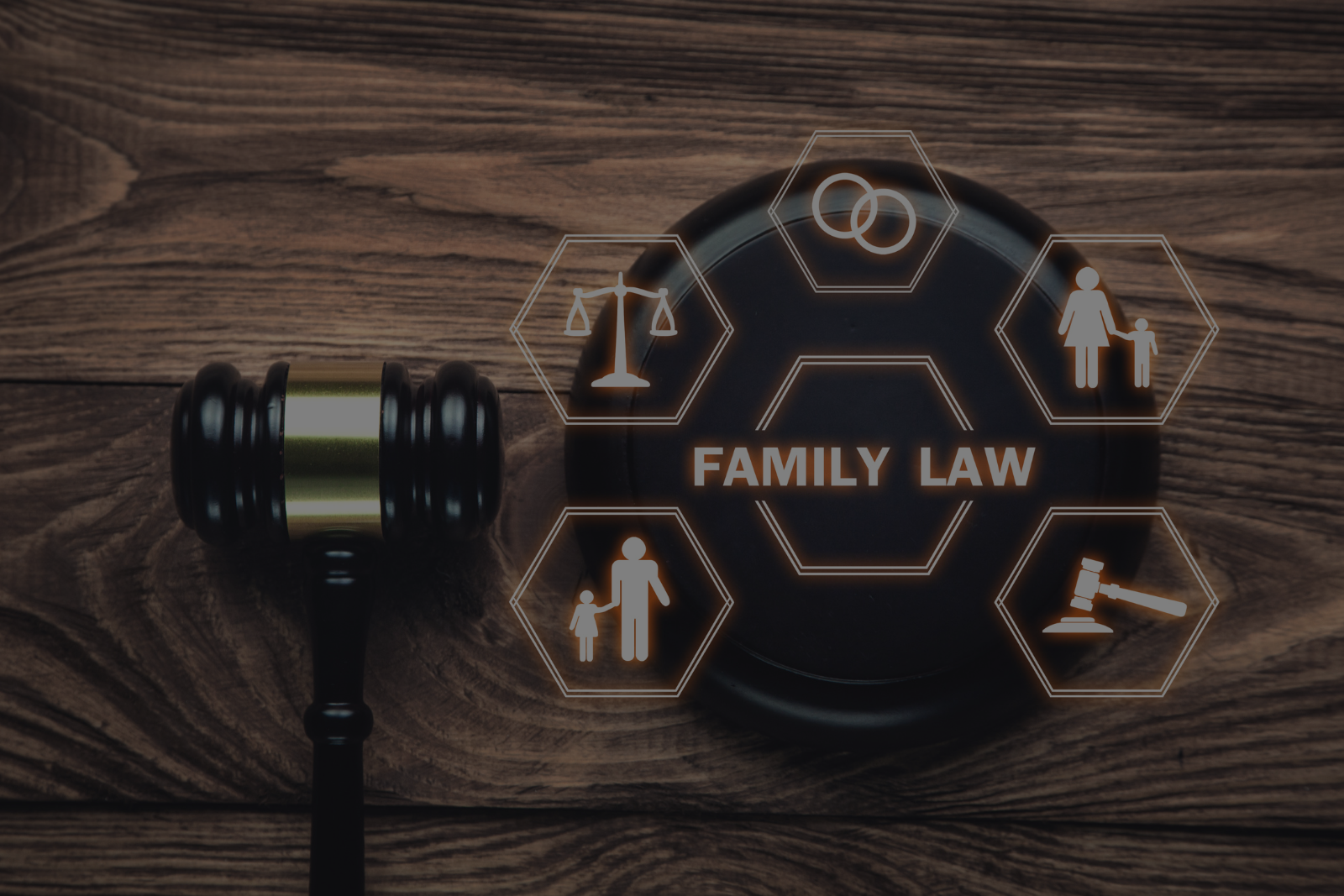Ensuring your safety and wellbeing as a first step
In circumstances where you have been exposed to or are a victim of family violence or abuse, whether physical, sexual, emotional, psychological, or financial, your former spouse having access to your online information could result in a continuation of this behaviour.
For example, a former spouse having access to your location could mean that they may attempt to approach, stalk or intimidate you, and possibly in breach of any AVO or ADVO that may exist.
In circumstances where a former partner has access to your online banking details, then they can quickly figure out your location. For example, they may look for patterns in behaviour such as using the same supermarket that you regularly visit, or using the same public transport route you take to travel to work.
Your location can also be revealed by posting on online platforms, such as social media, particularly if your GPS is enabled on your phone.
How this may impact your family law proceedings
Usually following a separation, parties will engage legal representatives such as an experienced family lawyer, to assist with navigating a Divorce (if they were married) the financial separation process (for example the dividing of the asset pool including real property), or to assist with formulating parenting arrangements.
Any information exchanged between a client and their family lawyer is covered by legal professional privilege and should not be released to third parties, especially not a former spouse or de facto partner who is on the other side.
Often, your family lawyer may provide you with advice or make suggestions for your legal strategy. If this information were to somehow get into the hands of your former spouse or partner, it could be detrimental to your case. For example, if your email address remains signed in on a computer that is still in your former spouse or de facto partner’s possession, or otherwise if your former spouse or de facto partner has your username and password details and is able to login to your email account from any device.
Are there specific platforms I need to be concerned about?
Classic examples of sites or application from which your private information can be sourced, include:
- Email providers
- iCloud and Apple ID
- Online banking – including online payments (i.e. PayPal)
- Online Health Records
Other examples, that you might not initially consider include:
- Music streaming (Spotify, Apple music, TIDAL)
- Movie and television streaming (Stan, Netflix)
- Find my iPhone, Life 360, Find my friends
- Shared calendars
- Dating websites or apps
- Google drive or Drop box
- Microsoft office
- Photo sharing
What are some ways to prevent my privacy being violated online?
- Stop using any shared Application accounts.
- Ensure you have signed out of iCloud or Apple ID on all devices other than those exclusively in your possession. This includes any children’s iPads.
- If you are concerned about your physical safety or have been a victim of family violence or abuse, avoid sharing your location online. This can be as simple as ensuring your location setting are turned off in Applications, or that you have changed the password and details to your “find my iPhone” application. It could also mean ensuring you are not ‘checking in’ to venues or posting photos of yourself where your whereabouts can easily be identified until you have left the venue.
- Change your passwords. Even if you consider your former spouse or de facto partner is not aware of your passwords, the best way to prevent unauthorised online access to bank accounts, email accounts, and other records stored online is to change your password anyway.
- Review tagged photos settings and existing photos you are tagged in.
- Delete options for auto filled passwords on devices and ensure no pre-existing autofill setting remains active.
- Switch on two-factor authentication. This adds an extra layer of security so that any new login or password change will require a code that is usually sent to your phone number or email.
- Look out for stalker ware or spyware installed on your devices.
- Contact the ADHA directly or the Department of Human Services regarding what information is available through MyGov and My Health Record.
- Depending on your relationship with your former spouse or de facto partner, you may consider deleting and/or blocking them from your social media platforms.
- Avoid using the same Wi-Fi under the same I.P. address.
- Be wary of what you post online. Just because your former spouse or de facto partner is no longer a friend on Facebook, does not guarantee that your information will not be distributed or supplied to them by another “friend”.
If you consider your online privacy has been breached, and you are fearful for your safety, you should contact the police immediately.
Online Safety Act 2021 (Cth)
This newly introduced legislation is designed to strengthen and expand Australia’s existing laws when it comes to online safety.
The Act gives eSafety greater powers to protect all Australians online – both adults and children. The Act sets out clear and specific expectations for online service providers regarding eSafety, as well as enabling them to develop new codes and regulations to block content and prevent illegal online activity.
Specifically, and most relevant to separated couples is updates in the ‘image-based abuse scheme’ that acts to address the distribution and resharing of intimate images without the consent of those photographed or filmed. You can learn more about the Act here.
Need assistance protecting your online privacy following a separation?
If you would like legal advice about your specific family law situation and how to manage and navigate your legal dispute and/or concerns about online privacy post-separation, our experienced and friendly Sydney family lawyers are here to assist.
Simply call us on 02 9262 4003 for a no-obligation consultation or submit an online enquiry.
The content of this article is intended as a general guide to the subject matter. For specific legal advice about your individual circumstances, please contact our experienced lawyers.
Brooke joined the Ivy Law Group team in August 2022 as a Paralegal. Since joining the firm, Brooke has developed a growing interest in Family Law and Property Law.





